Wasgamuwa National Park
A Sanctuary of Giants and Ancient History
The Untouched Wilderness
Wasgamuwa National Park, located in the Matale and Polonnaruwa districts of Sri Lanka, is a haven for wildlife enthusiasts. Spanning over 36,900 hectares, it is renowned for its large herds of Sri Lankan elephants and rich biodiversity.
The park's name is believed to have derived from the Sinhala words "Walas Gamuwa," with "Walasa" meaning Sloth Bear and "Gamuwa" meaning woods. Bordered by the life-giving Mahaweli River to the east and the Amban Ganga to the west, its unique geography supports a diverse ecosystem. Wasgamuwa was originally designated as a nature reserve in 1938 and later elevated to a national park in 1984, primarily to serve as a refuge for the wild animals displaced by the Mahaweli Development Project.
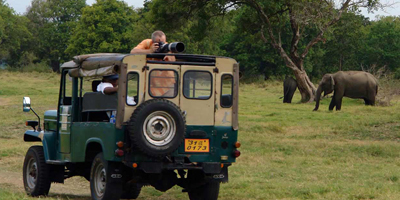
The Inhabitants of Wasgamuwa
The park is a critical habitat for a wide array of Sri Lanka's iconic wildlife.
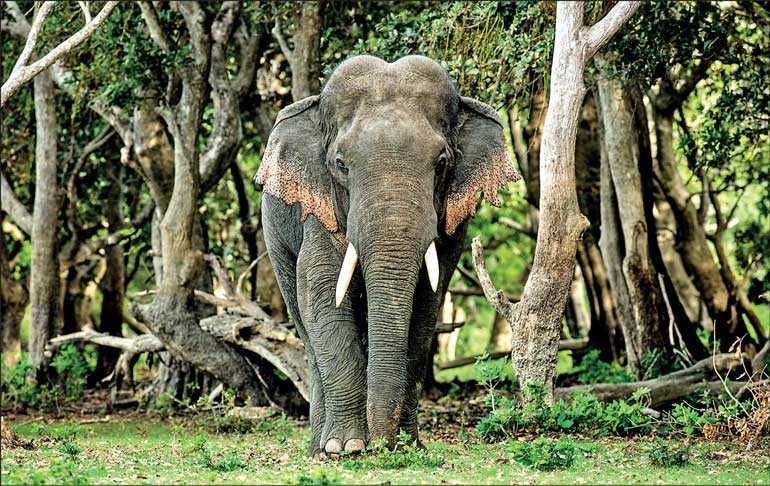
Large Elephant Herds
Famous for "gathering," where large herds congregate, especially during the dry season.

Elusive Leopards
While shy, the park's dense forests provide a perfect habitat for these apex predators.
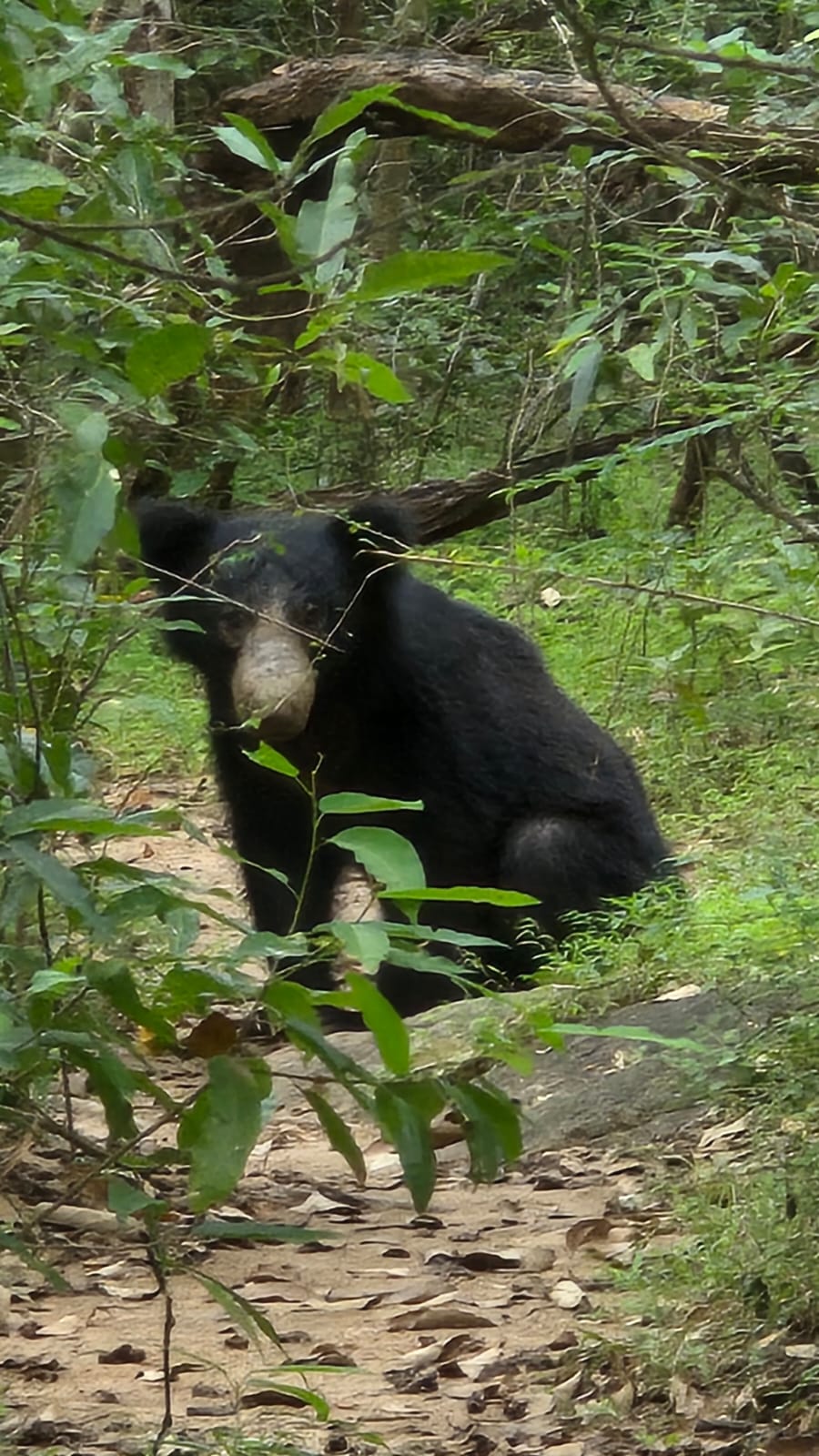
Sloth Bears
One of the best places in Sri Lanka to spot the unique and fascinating Sloth Bear.
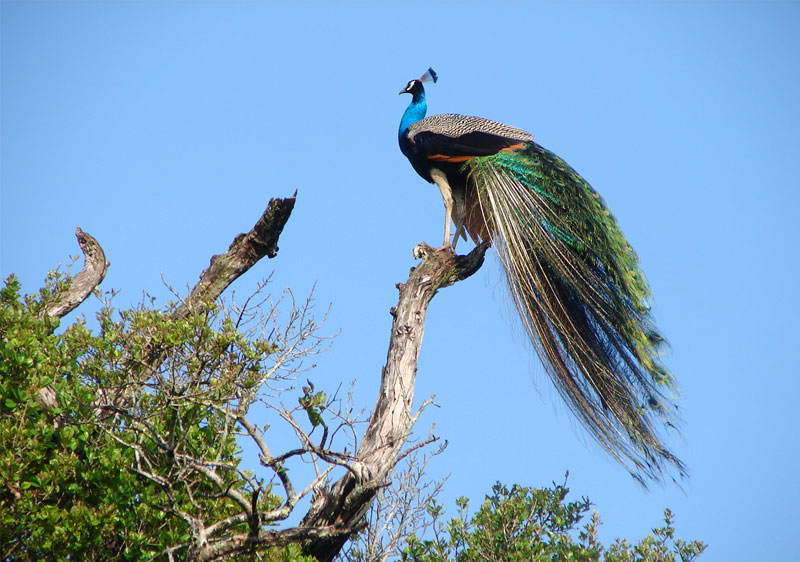
Rich Birdlife
Home to over 140 bird species, including the endemic Red-faced Malkoha and Sri Lanka Junglefowl.
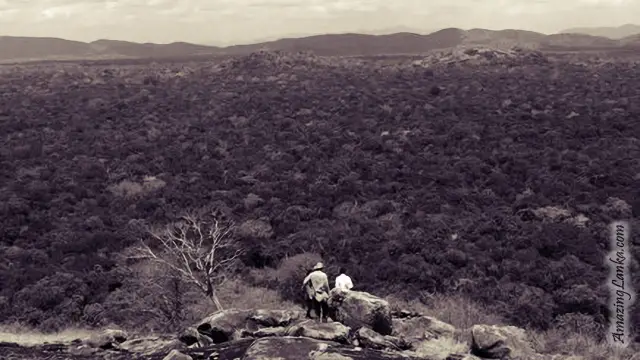
A Land of History and Natural Beauty
Beyond its wildlife, Wasgamuwa holds significant historical importance. The Sudu Kanda mountain range, part of the park, contains the ruins of the Sudam Gala monastery. It is believed to be the location where King Dutugemunu's army was quartered before his campaign against King Elara.
The park's terrain is mostly flat with some small hills, covered in dry mixed evergreen forest, grasslands (damana), and riverine forests. This varied landscape not only makes for a scenic safari but also supports a wide range of flora and fauna.
Best Time to Visit
The best period to visit Wasgamuwa is typically during the dry season from February to August. During this time, water sources are scarce, and animals, especially elephants and leopards, congregate around the remaining water bodies, making them easier to spot.
Park Etiquette
- Maintain silence to avoid disturbing the animals.
- Do not feed any wildlife.
- Stay inside your jeep at all times unless at a designated safe zone.
- Do not litter. Take all your waste back with you.
Ready for an Unforgettable Adventure?
The wilderness of Wasgamuwa awaits. Let us guide you on a journey you will cherish forever.
View Our Safari Packages